
views
New Delhi: As the government has planned to introduce a fleet of 1,000 e-buses in the city, Delhi Chief Minister Arvind Kejriwal Tuesday said greater usage of public transport facilities will be a "major step" towards curbing air pollution.
Addressing a stakeholders' consultation on the proposed draft electric vehicles policy for Delhi, Kejriwal also reiterated his government has the "political will" to take "tough decisions" to cut down pollution.
Ten areas in the national capital have reported severe pollution levels as authorities said unfavourable weather conditions will prevail over the next few days. The overall air quality index (AQI) of Delhi stood at 372, which falls in the 'very poor' category, the Central Pollution Control Board (CPCB) data showed.
An AQI between 100 to 200 comes under 'moderate' category, 201 and 300 is considered 'poor', 301 and 400 'very poor', while that between 401 and 500 is 'severe'.
The Centre-run System of Air Quality and Weather Forecasting (SAFAR) also said that the overall air quality of Delhi was in the 'very poor' category. "Overall air quality of Delhi continues to be very poor. The minimum temperatures is likely to fall in Delhi (resulting in additional moisture in the air). Hence, the air quality will remain in the 'very poor' category for the next three days," the SAFAR said.
While Alipur, Anand Vihar, Ashok Vihar, DTU, Jahangirpuri, Mundka, Narela, Rohini, Sonia Vihar, Nehru Nagar and Wazirpur areas saw severe pollution levels, 20 places in the Delhi recorded 'very poor' quality air, the CPCB said. Ghaziabad, Faridabad and Noida recorded 'very poor' air quality, while in Gurgaon, it was in the 'satisfactory' category, it added.
City Transport Minister Kailash Gahlot said the AAP government plans to float tenders for the 1,000 electric buses shortly.
On November 2, Gahlot launched an e-bus for trial, so that zero-emissions vehicles could be rolled out in the next five to six months.
"The electrical vehicle policy being discussed today is a good step. And, greater usage of public transport would be a major step towards curbing air pollution. People started using Delhi Metro when it was introduced, and it is a very clean and efficient mode of transport," Kejriwal said.
The government has planned to introduce 3,000 buses, out of which 1,000 would e-buses, he said. "And, once these 1,000 e-buses arrive, and if they turn out to be technologically and economically viable, in future, we will buy e-buses only," the chief minister said.
Kejriwal said, it is being said that the scale on which e-buses are being planned to be introduced, is "first for any city in the country".
"So, our Delhi is taking a lead. There wound several challenges, administrative, legal, charging infrastructure. We will address these issues and find solutions. The Delhi experiment will bring lessons for the whole world," he said.
Transport Commissioner Varsha Joshi made a brief presentation on the government's proposed policy, as per which it targets to have 25 percent of all new vehicle registrations to be electric by 2023 through the subsidy for such autos, rickshaws and two-wheelers among others.
The policy also recommends strengthening infrastructure to provide battery charging access within 3 km range from anywhere in Delhi while additional fees on non-electric vehicles will fund the bulk of corpus created to incentivise the adoption of electric cars.
Kejrwal said, subsidy "cannot be permanent solution" and urged industries to work on research to come up with innovation to cut down cost.
E-vehicles need to be affordable and charging infrastructure need to be properly made available to make this plan work, he said.
Delhi chief minister said his government has the "political will" to take "tough decisions" to curb pollution, as it was done two years ago in the introduction of Odd-Even car scheme.
"Odd-Even step was a very difficult experiment... but, people of Delhi really supported us, we were fortunate," he said. The stakeholders meet was organised by Dialogue and Development Commission of Delhi (DDCD), chaired by Kejriwal, and US-based Rocky Mountains Institute.












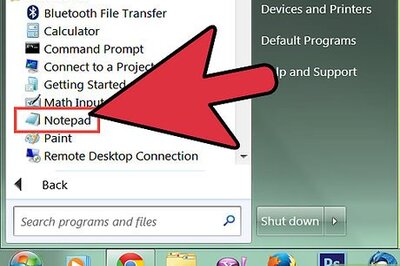
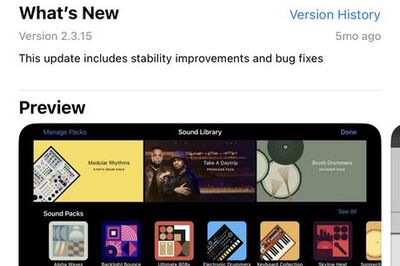


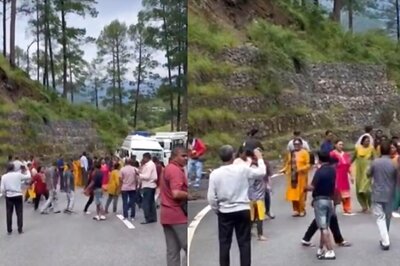
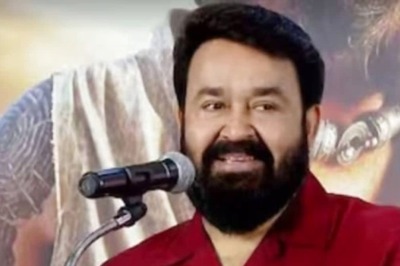
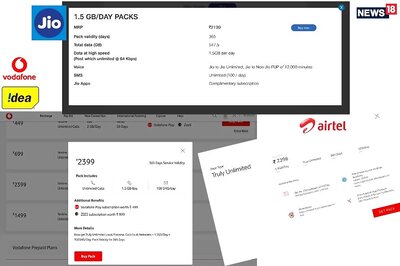
Comments
0 comment